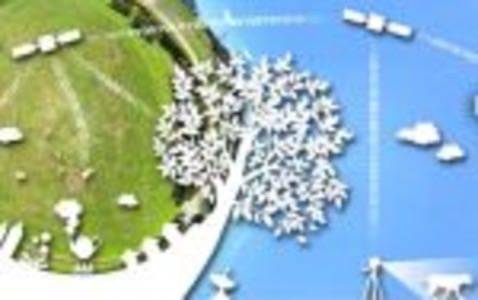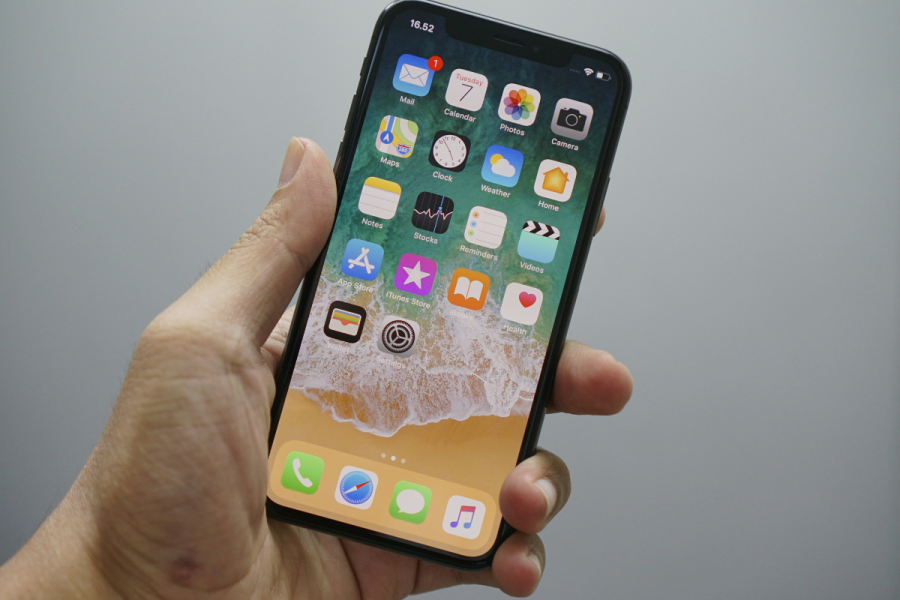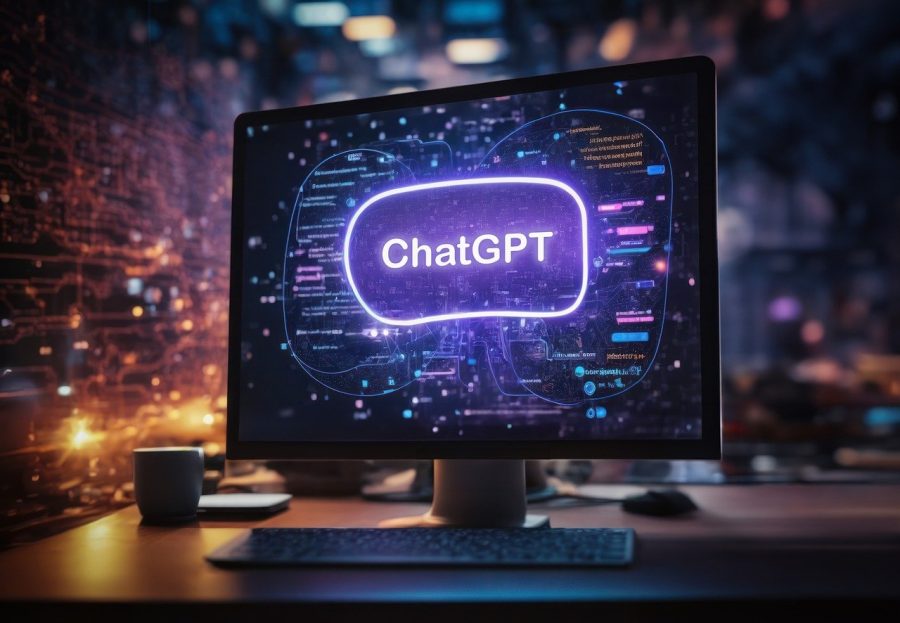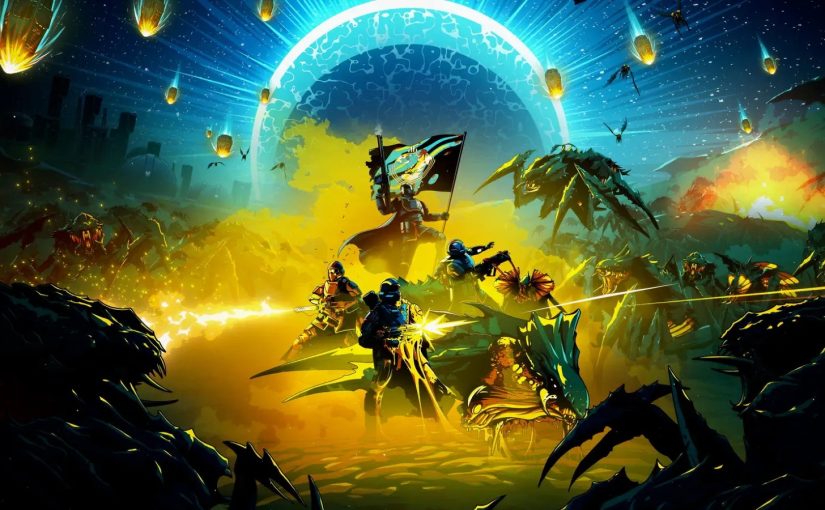The world’s second Internet of Things Conference is scheduled to take place at the end of November in Tokyo. The deadline for papers was just extended to June 1 – which gave us an idea. Conference planners have put together a list of suggested topics for papers. We took that list and then rounded up our ongoing reporting and analysis for each of the eight topics as a way to help you understand how vast and far reaching IoT will end up being.

‘Green by Internet of Things / Green of Internet of Things Technology’
Our recent list of 6 Ways to Better Living: Inside an Internet of Things Home, looked at the IoT from a domestic standpoint. From handling toxic waste, to watershed management, to building design, to transportation, to the smart energy grid, a whole new green way of thinking is going to be made possible by IoT.
‘Future sustainable technologies linking the physical and virtual world’
Different industries have have already been able to increase the efficiency of freight shipping by using sensors to tell them the location and condition of their product in real-time. This includes FedEx’s SenseAware, which is designed to constantly keep track of the vital signs of all its packages. In future posts we’ll be covering IoT-driven growth in the fields of virtual factories, digital cities, agriculture and forest management.
‘Novel services and applications to facilitate environmental responsibility’
Did you hear about the guy who wired his house up to a Twitter account so that it alerted him whenever an appliance was used? Following that experiment, Matt Morey figured out a way to use iobridge to turn that one-way Twitter alert system into a two-way system that makes it possible to turn appliances on and off via Twitter. These ideas, which may seem novel at first, signal the direction towards the development of whole new industries.
‘Emerging Internet of Things business models and process changes’
Companies as large as IBM have invested heavily in IoT. It has a website called Smarter Planet, which is dedicated to “smarter solutions,” of which they say they’ve already developed 12,00 hundred. We’ve also written about ThingD, which is creating a registry of things, as well as REZZ.IT, which is building a business based on the idea that “things have a network and their own audience.”
‘Communication systems and network architectures for the IoT’
Pachube is the IotT business that has earned the most coverage and analysis from us. Pachube is a service that stores and shares real-time sensor data from objects, devices, buildings and environments. MQTT, which stands for Message Queuing Telemetry Transport, is also noteworthy. It is “a platform-agnostic system which can connect almost any networked object to the wider world.” More recently, Google launched an API for PowerMeter, which allows device manufacturers to create PowerMeter-compatible devices. Also worth mention is our article on Arrayent that aims to be the “Cisco of small things” – which is basically middleware for companies wanting to connect their products to the Internet. In particular it’s targeting smartphones.
‘Experience reports from the introduction and operation of networked things in areas such as healthcare, logistics & transport’
IoT is still so new that we have only just begun to see the results of research. But with RFID, for example (which is one of the more mature IoT technologies), we’ve reported on how there have been challenges that limit predicted growth. There’s also still impediment to to the viable use of IofT-like location-based services.
‘Emerging applications and interaction paradigms for everyday citizens’
From preventing lost luggage, to the latest IoT gadgets, telling the story of what a person’s everyday daily life is an integral part of IoT. Most notable is the presentation by Carnegie Mellon professor and ex-imagineer Jesse Schell, who describes how sensors in everything may one day mean the sensor in your toothbrush gives you online gaming points if you brush for the full three minutes. He also envisions sensors that track if you are watching TV commercials and again rewards you with online gaming points. Core to Schell’s ideas is the belief that these incentives may seem a bit creepy, but they have potential to help us create a less corrupted, more accountable and ethical world.
‘Social impacts and consequences: security, privacy, opportunities and risks’
In our What The Internet of Things Means For You series we covered privacy issues related to the use of RFID and barcode readers. The latest reports show how advertisement, RFID and geolocation have combined to raise serious privacy concerns. Additionally, location-based data can be a threat to personal privacy in the context of how the U.S. congress has started to draft location-based privacy protection laws.

Are you going to the Tokyo for Internet of Things Conference? What do you hope to learn there? Let us know in the comments, or by emailing [email protected], what we should be discussing in the months leading up to the event.







